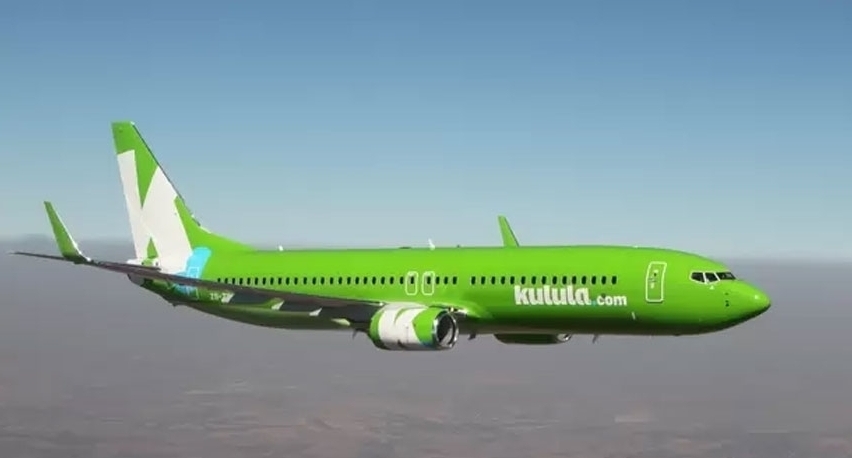South Africa’s Comair enters into business rescue as Covid-19 crisis hits
Comair enters into business rescue to safeguard the interests of the company and its stakeholders after the Covid-19 crisis disrupted the implementation of a turnaround plan.

May 05, 2020: South Africa-based Comair enters into business rescue to safeguard the interests of the company and its stakeholders after the Covid-19 crisis disrupted the implementation of a turnaround plan. Effective May 5, Shaun Collyer and Richard Ferguson have been appointed as the joint business rescue practitioners.
Comair CEO Wrenelle Stander said the company, which reported a half-year loss of R564 million for H1 F20, faced an unprecedented situation following the Covid-19 lockdown.
“While we had started making good progress to fix the financial situation six months ago, the crisis has meant we have not been able to implement it as we intended. We completely understand and support the government’s reasons for implementing the lockdown, however, as a result, we have not been able to operate any flights. Now that the phased lockdown has been extended the grounding is likely to endure until October or even November. These extraordinary circumstances have completely eroded our revenue base while we are still obliged to meet fixed overhead costs. The only responsible decision is to apply for business rescue,” she said.
In terms of the lockdown, Comair was required to stop flying on March 26 and has not operated any passenger services since. The Covid-19 crisis has also severely affected the global airline industry. A number of carriers have gone out of business. Others such as Virgin Australia and Air Mauritius have implemented restructuring processes, similar to business rescue.
“Comair remains solvent and an important contributor to the South African economy. This is a necessary process to ensure a focused restructuring of the company takes place as quickly as possible so we can take to the skies again,” said Stander.
Comair was granted approval to suspend the trading of its shares on the Johannesburg Stock Exchange (JSE) with immediate effect. The business rescue practitioners will provide shareholders and all other stakeholders with further updates throughout the process.
The business rescue process will build on the turnaround plan that Comair management was already implementing. It aims to preserve cash, cuts costs, dispose of non-performing assets, and strengthen the balance sheet.
The business rescue practitioners will work with the management team and the board towards Comair resuming operations in accordance with all regulatory requirements, including the health protocols to prevent the spread of Covid-19. Stander said Comair will resume its operations in accordance with government directives and will continue to engage with the government to accelerate the opening of the airline industry.
“The health and welfare of our customers, crew, and the public is the overriding priority and we will only operate when we are sure we can do so safely.”
Customers with existing bookings will be able to rebook flights within 12 months of their departure date. There will be no charge for any changes made before November 1, 2020.
“Through this process, we intend to right-size our operations to be more efficient, agile, and customer-centric. This includes, but is not limited to, reconfiguring our network and fleet mix, reviewing portfolios and joint ventures, increased digitisation of the business and new product development and delivery,” said Stander.
“We are confident that with the work we’ve already done and the support of our stakeholders we will get through this process and will be a more sustainable business, better positioned to continue serving the flying public and contributing to the South African economy.”
The business rescue practitioners will contact all stakeholders and suppliers to plan the way ahead in accordance with the processes set out in the Companies Act.
In its H1, FY20 results Comair reported a half-year loss of R564 million. Although revenue grew by 3 percent this was not enough to offset cost increases of 14 percent resulting from the significantly higher fleet and maintenance costs. The R790 million SAA owed Comair as a consequence of anti-competitive practices was accounted for in the H1 2020 financials.


